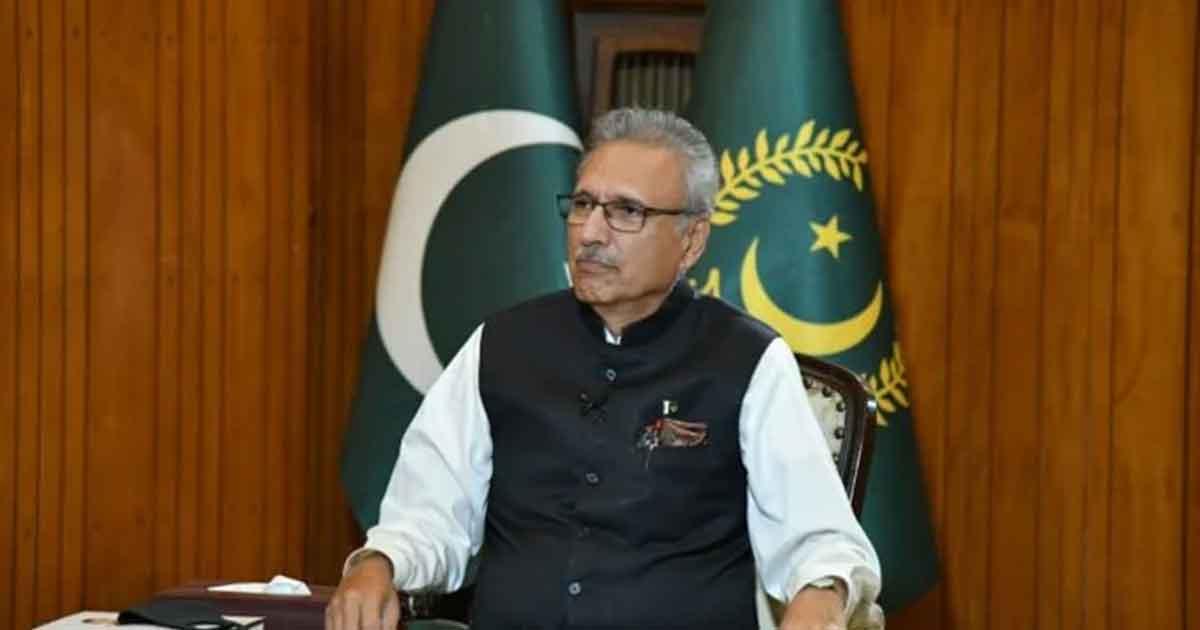In a recent seminar held in Shanghai, Ms. Zhao Baige, Vice-Chair of the 12th NPC Foreign Affairs Committee of China, emphasized the importance of electric vehicles in the context of the fourth industrial revolution. Pakistan is currently facing pressing issues, including environmental destruction, energy imports, and trade deficits, which need immediate attention. To address these challenges, Pakistan must prioritize a transition from gasoline-powered vehicles to electric vehicles (EVs). This article highlights the significance of this shift and the efforts needed to promote electric mobility in the country.
Collaborating with China in the Electric Vehicle Market
China has been a leading manufacturer of electric vehicles for the past eight years. To accelerate the adoption of EVs, Pakistan should collaborate with China and its companies in the local electric vehicle market. Recently, a seminar organized by the ICT Belt and Road Union Shanghai saw participation from around 100 Pakistani and Chinese stakeholders from various sectors of the EV industry. This collaboration will benefit Pakistan in its quest for energy reforms and reduction in import bills.
Government Initiatives to Encourage Electric Vehicles
To encourage the adoption of electric vehicles, the federal and provincial governments of Pakistan have reduced registration fees for EVs and provided zero tariffs on imported charging infrastructure. Additionally, certain components of imported electric vehicles attract only 1% tariffs. These initiatives aim to attract investors and facilitate the growth of the electric vehicle market in the country.
Low Penetration of Electric Vehicles and the Need for Awareness
Despite these efforts, the number of registered electric vehicles in Pakistan remains relatively low compared to conventional vehicles. The low penetration can be attributed to the lack of infrastructure and public awareness about electric vehicles. The government must conduct awareness campaigns to educate the public about the benefits of using electric vehicles over petrol-powered vehicles.
Infrastructure Upgrades for a Large-Scale Shift to Electric Vehicles
To achieve a significant transition to electric vehicles, infrastructure upgrades are crucial. The State Bank of Pakistan and the Asian Development Bank suggest that Pakistan needs at least 25,000 charging stations by 2030. The government’s investment in charging facilities should be a top priority to support the widespread adoption of electric vehicles.







